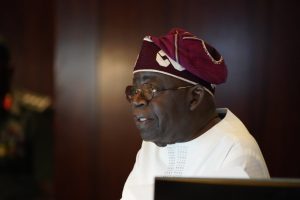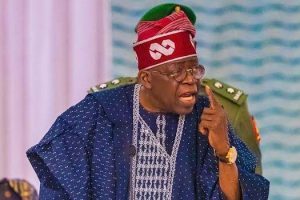The World Bank has approved a total of $1.08 billion in financing for Nigeria to support projects aimed at improving education quality, bolstering community resilience, and enhancing nutrition for vulnerable groups.
The announcement was made on the bank’s website on Wednesday, detailing that the concessional loans are intended to address critical needs in these sectors.
The approved funding is allocated across three key operations:
- $500 million in additional financing for the Community Action for Resilience and Economic Stimulus Programme (NG-CARES): This programme, initially designed to mitigate the economic impact of the COVID-19 pandemic, will now be expanded to support the government’s efforts to provide livelihood support, food security services, and grants to poor and vulnerable households. The NG-CARES programme has already reached over 15 million beneficiaries and has evolved into a platform for delivering multi-sectoral interventions, including social transfers and support for small businesses. The additional funding will be crucial as Nigeria faces economic challenges stemming from the removal of fuel subsidies and foreign exchange rate unification in 2023.
- $80 million for the Accelerating Nutrition Results in Nigeria (ANRIN 2.0) programme: This initiative aims to improve the use of quality nutrition services for pregnant women, breastfeeding mothers, adolescent girls, and children under the age of five. The programme is designed to enhance maternal and child health, nutrition services, and food security in selected regions of Nigeria. It aligns with Nigeria’s National Development Plan (2021–2025) and the Multisectoral Plan of Action for Food and Nutrition, focusing on preventative and curative nutrition interventions and improved access to nutritious foods. ANRIN 2.0 builds on the success of the first phase, which provided nutrition services to over 13 million young children between 2018 and 2024.
- $500 million for the Hope for Quality Basic Education for All (HOPE-EDU) initiative: As part of a series of interconnected operations, HOPE-EDU will support foundational literacy and numeracy, improve access to basic education, and strengthen education systems across participating states. The project is expected to directly benefit 29 million public primary school pupils, 500,000 teachers, and over 65,000 public primary schools. It will also address issues such as school overcrowding and the decentralised allocation of education funds. The HOPE-EDU initiative will receive an additional $52.18 million from the Global Partnership for Education Fund.
The World Bank’s Country Director for Nigeria, Dr Ndiamé Diop, commented on the funding, stating that “Investing in human capital is critical for Nigeria as it offers the best opportunity to unlock the enormous potential of Nigeria.” He added that the new programmes would help improve education quality and support vulnerable citizens, with the HOPE-EDU programme equipping the country’s growing young population with essential skills for economic growth.
This significant financial commitment from the World Bank underscores the ongoing challenges Nigeria faces in these key areas and highlights the importance of international support in addressing them.





Add Comment